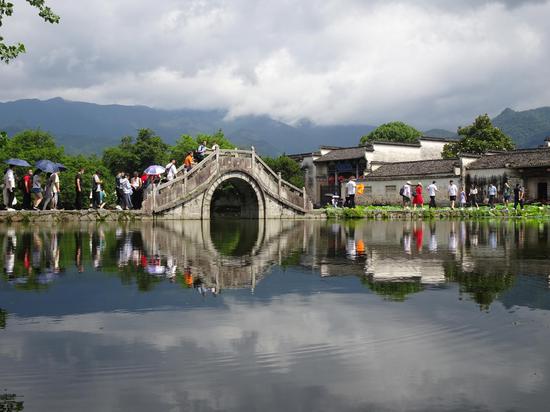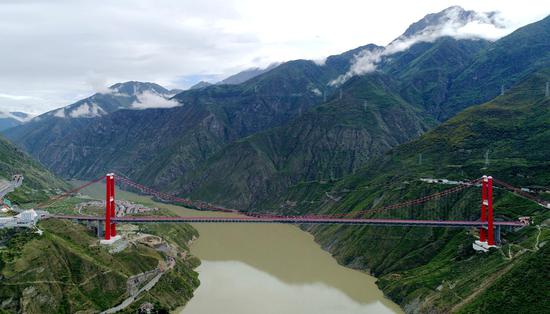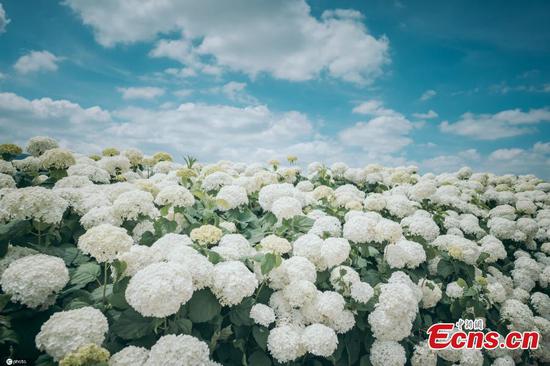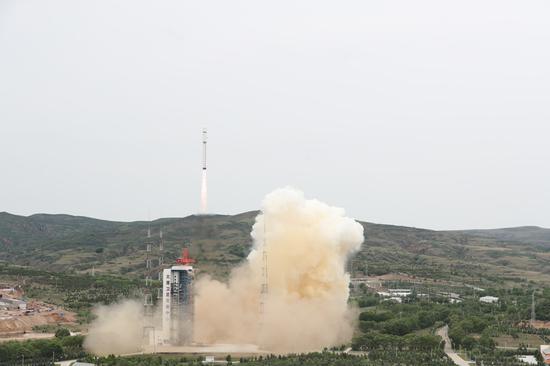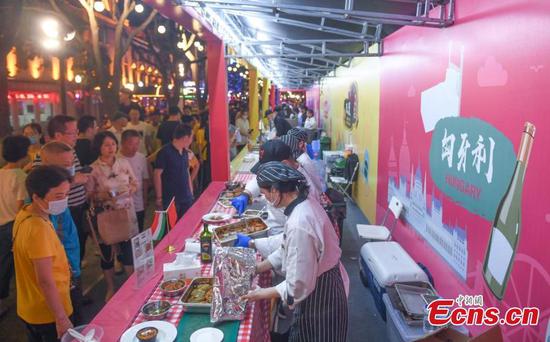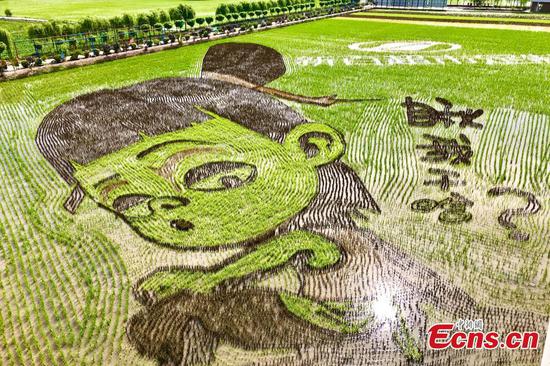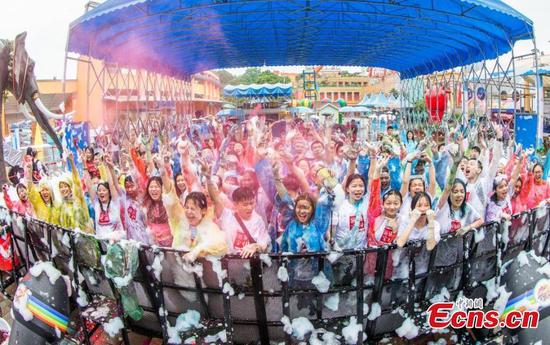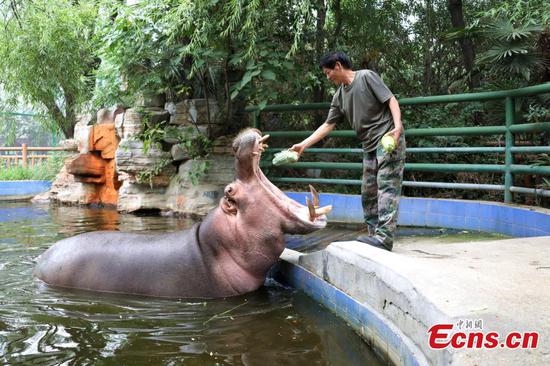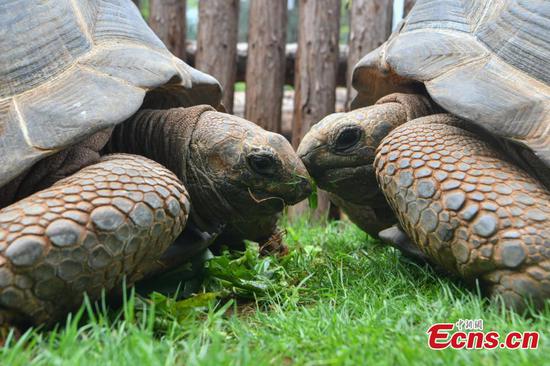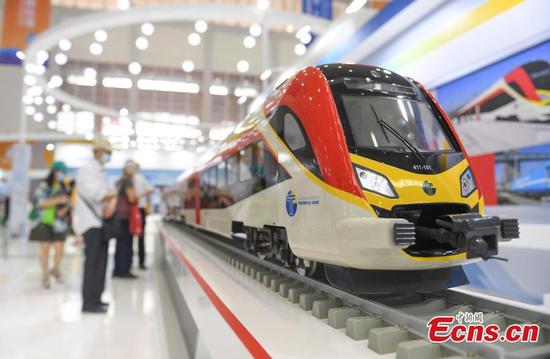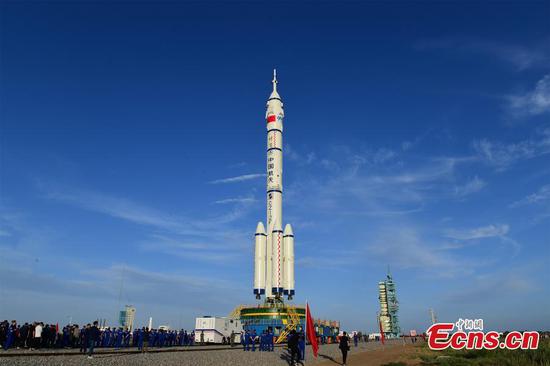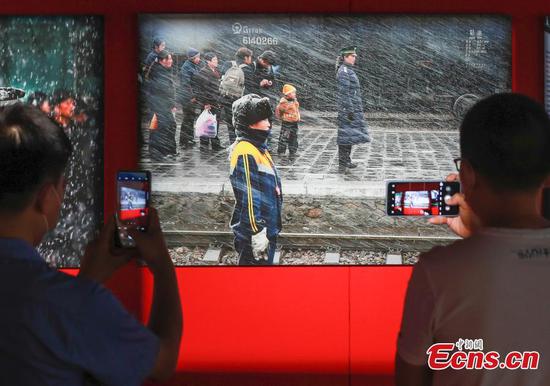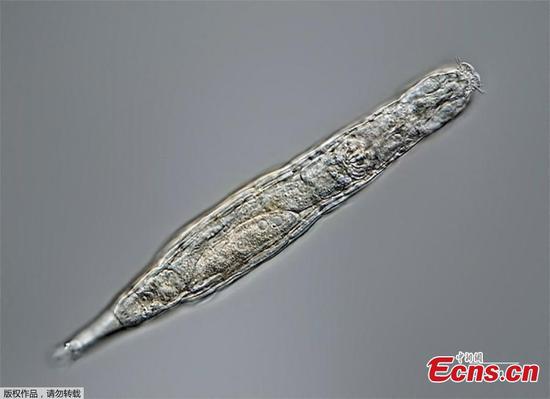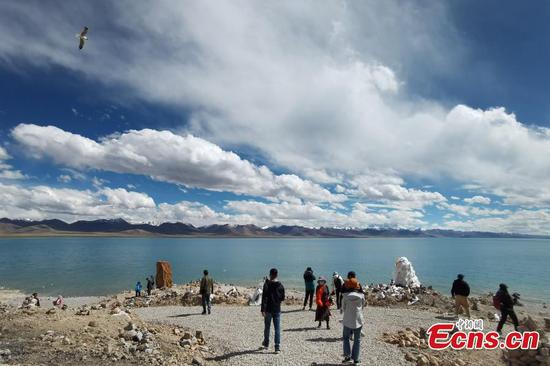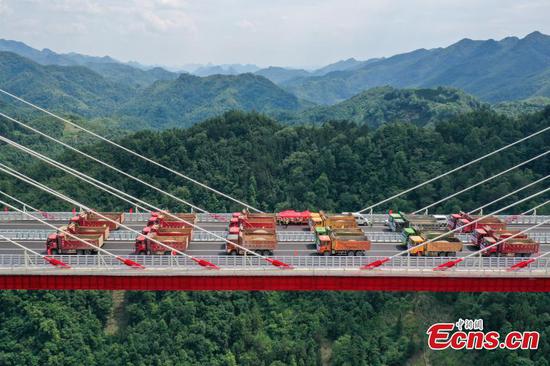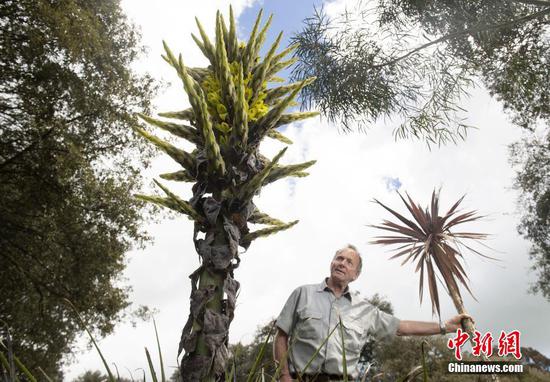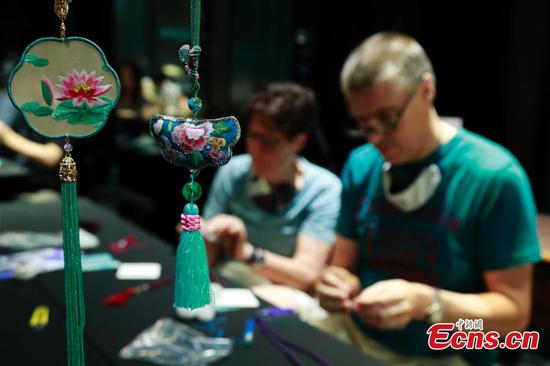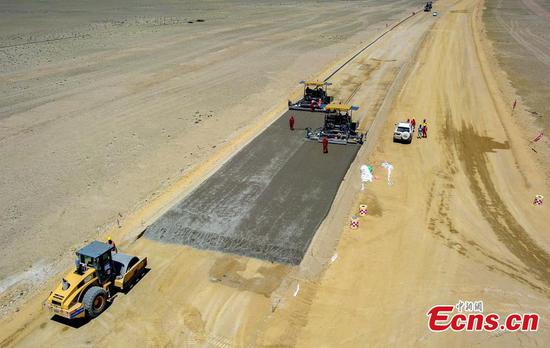The mechanization of cotton picking in Northwest China's Xinjiang Uygur Autonomous Region is beyond the imagination of the outside world, and as picking cotton can earn more than working in factories, many people are competing for these jobs, said a latest report released by a university-affiliated think tank, noting that if Western scholars carried out field surveys, they would not reach the "absurd" conclusion that there was "forced labor."
Due to the inflammatory hyping of some Western media on the use of "mass forced labor" in Xinjiang's cotton-related industries, since 2019, the Better Cotton Initiative (BCI), a nongovernmental organization that aims to promote better standards in cotton farming, announced it was suspending offering licenses to companies in the Xinjiang region, and some fashion and sports outlets including H&M and NIKE also stated they would refuse to buy cotton from China's Xinjiang.
Considering the public attention on Xinjiang cotton, the National Human Rights Education and Training Base and the Non-traditional Security Institute of Southwest University of Political Science and Law decided to conduct a field survey. The team spent two weeks visiting cotton farmers, cotton pickers, agents, yarning companies and officials from local governments in Aksu, Kashi and Hotan prefectures to obtain information on cotton planting and mechanization, Shang Haiming, a professor from the National Human Rights Education and Training Base, told the Global Times.
The resulting 10,000-word report has four parts - Mechanization of cotton production has become common in southern Xinjiang; reasons and analysis behind the increase of mechanization rate; situation of cotton hand pickers in southern Xinjiang; and conclusion. It showed that in recent years, with the aim of increasing production rates and reducing costs, cotton farmers in southern Xinjiang have introduced new technologies and bought new machines to realize better planting, fertilizing and picking. The popular use of machines in cotton planting and harvesting has become a trend.
For example, in 2020, 834 machines were used during the harvest season and 71.3 percent of the cotton in Aksu Prefecture was picked by machines, according to the report.
"People used to think that as an inland region in China, the development of agriculture in Xinjiang may be lagging behind other regions. But when we communicated with cotton farmers in the region, we found the mechanization rate is beyond imagination," Xiang said.
The report also noted that there are several reasons behind the increase in mechanization rate, including the appearance of cotton cooperatives and services offered by society, local government's subsidies to buy machines and the drive to reduce costs.
The report also noted that every year from September to November, cotton pickers from Shandong, Henan and Gansu and other provinces and regions arrive in Xinjiang to join locals in picking cotton, due to the high incomes.
Workers who come from other regions can pick 100 kilograms to 160 kilograms per day and some can even pick 200 kilograms one day. During the harvest season, if an individual works for 50 days, he or she can make at least 10,000 yuan, and some can even earn over 20,000 yuan.
According to data from the statistic bulletin on Xinjiang regional social and economic development in 2019, the annual disposable income in the region in 2019 is 23,103 yuan. For urban residents the figure is 34,664 yuan and 13,122 yuan for rural residents.
"People who work as cotton pickers from September to November can earn as much as or more than the average yearly income of residents - this is the most important reason why people choose the work," Shang said.
"One thing that impressed us most is that a yarning company in Kashi told us his company usually has a low attendance rate as many workers choose to pick cotton in the high season. Therefore, they have to raise the bonus for people who come every day to encourage them to stay in factory," Shang said.
The professor noted that if Western scholars were willing to do a few field surveys, they would not reach the absurd conclusion of Xinjiang having "forced labor."
"For a job that attracts people because it has higher incomes, how can it be forced?" Shang asked.
The report concluded that the West's accusation of "forced labor" in China's Xinjiang is at odds with the facts, and there is no "forced labor" in the cotton production process. Due to the increase in mechanization rate, the need for laborers in cotton production has greatly decreased, but the high-income job of picking cotton is still attractive. People who choose to do the job have all their rights protected, including getting paid and having rest and holidays.
Shang said the lies of "forced labor" emerged against the backdrop of some Western countries trying to demonize and compete with China for dominance in the narrative war, and is also related to the long-existing ideological bias toward China. The lies of "forced labor" did not pop up for no reason, but reflects Western countries' arrogance and bias toward China, while also exposing its hegemony on discourse.











